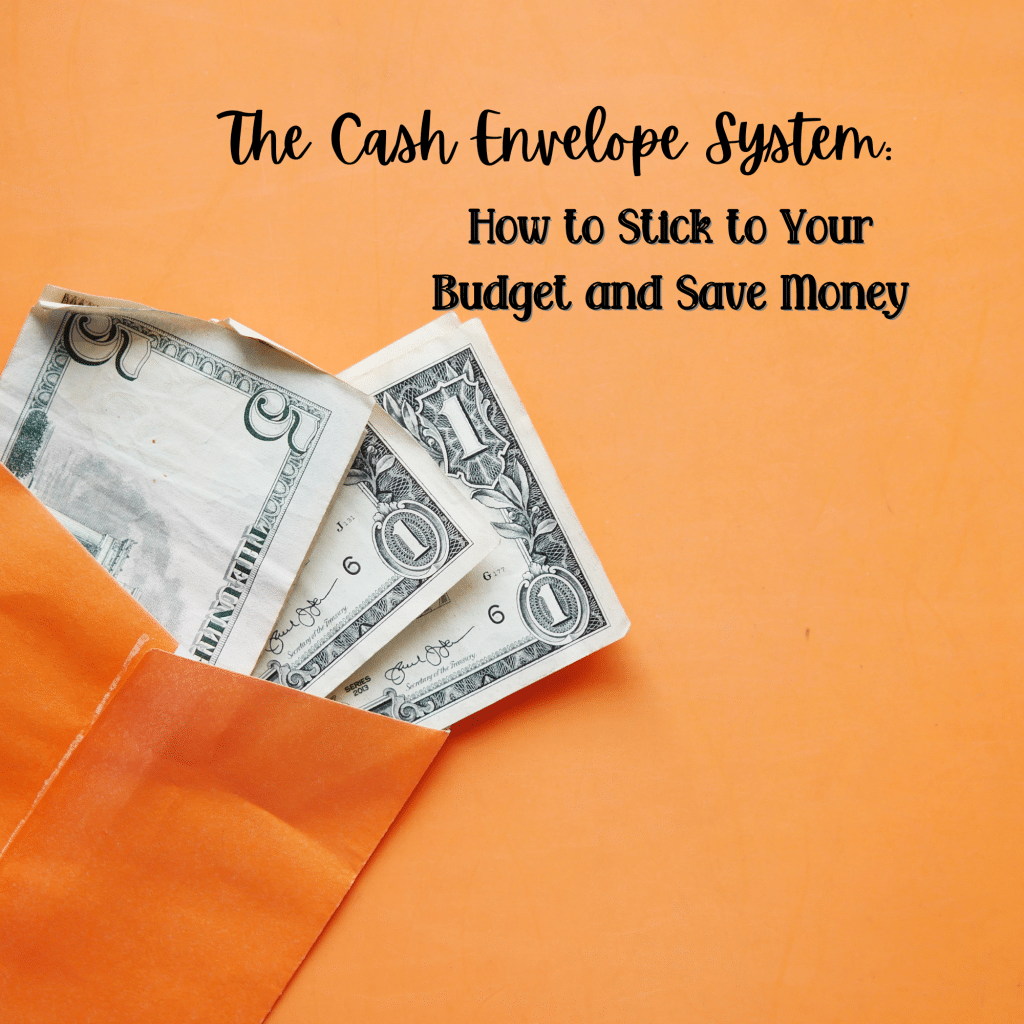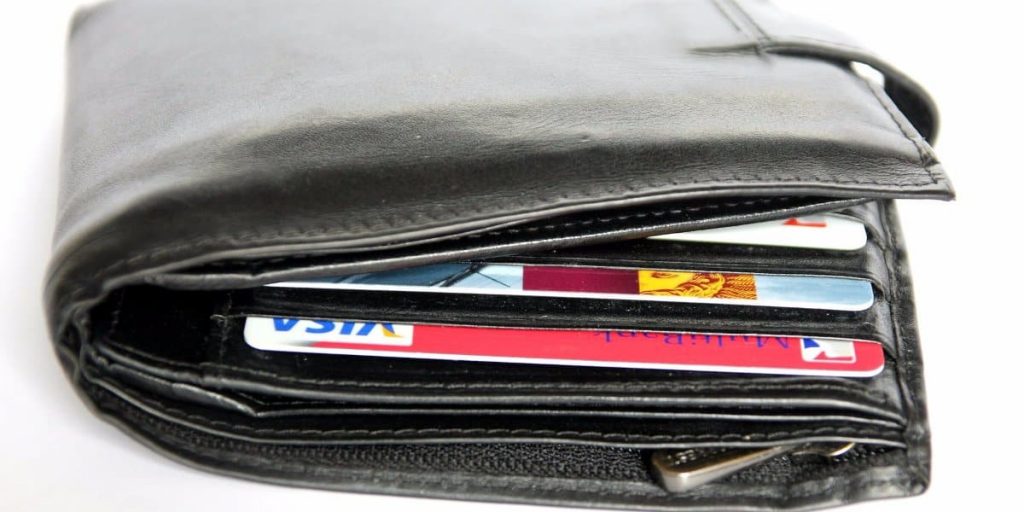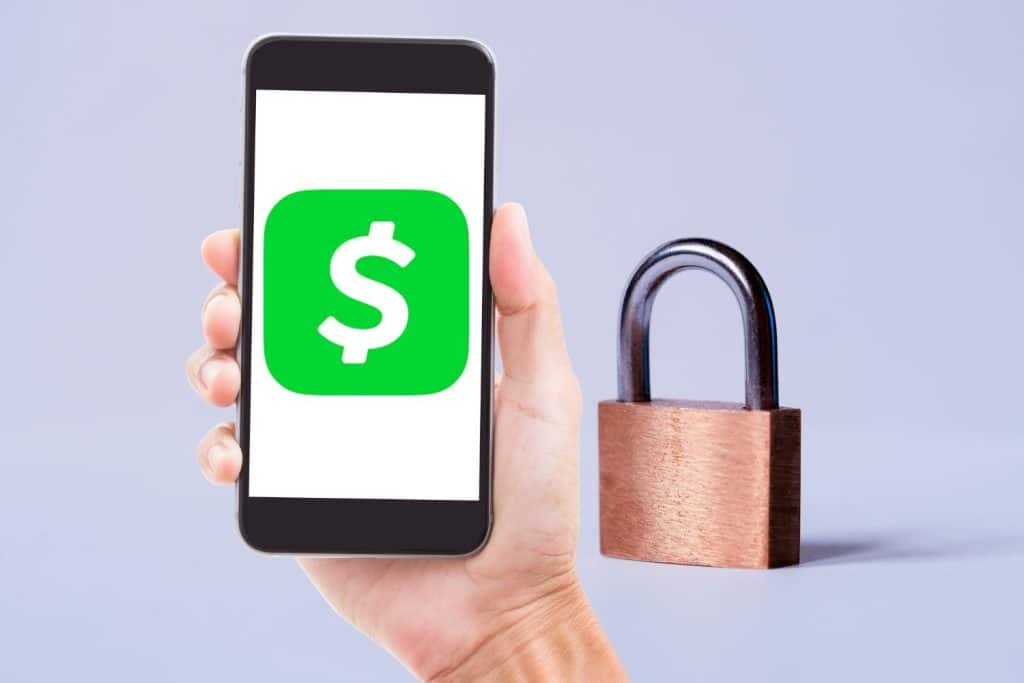6 Ways to Deal with Unexpected Expenses

Life happens whether we’re ready for it or not. And when it rains it pours, right? When everything breaks at once, it’s important to keep your long-term financial goals in mind when finding solutions to your short-term problems.
Since our goal is to eliminate debt and find financial freedom, using credit cards to pay for everything that went wrong isn’t a smart option for us. But sometimes, the costs add up to more than what’s in your savings account.
When that happens, how do we deal with unexpected expenses when we’re broke?
That Time Everything Went Wrong
This has been a challenging year for Andrew and me. It started back in January when there was a problem with our taxes that threw our escrow account out of balance. Instead of having more than enough to cover the tax bills, we were short almost half. When our mortgage company re-balanced our escrow account, our monthly house payment shot up $300 a month.
That’s $300 extra every month that we were planning to put toward debt. We did work with the county treasurer’s office and the township board of review to get the tax issue fixed way back in July, but our mortgage payment won’t get changed until the end of the year.
Fast-forward to November when our garage door opener stopped working. Easy fix, right? Little did we know this was only the beginning.
During the first three weeks of November, starting with replacing the garage door opener, we had to replace our furnace (something about carbon dioxide leaking into the house… not good), and then our water heater stopped working (we had three days of cold showers before we could get it replaced), and then I hit a deer with my car and had to pay an insurance deductible.
That’s roughly $5,500 in unplanned expenses over a three-week period on top of the extra $300 we’ve been paying on our mortgage each month.
What We Did
Needless to say, it’s been a rough year financially for us, and these three weeks were an extremely stressful few weeks. Andrew and I struggled with how to pay for everything. Since we’re still working on getting out of debt, we don’t have a fully-funded emergency savings yet.
But we did have what Dave Ramsey calls a “Baby Emergency Fund” to help us get started. I also started freelance writing on the side to help bring in some extra money. And, as luck would have it, November had five Fridays, which means it was a three-paycheck month instead of just two. That extra income helped us to bridge the gap, too.
But that still wasn’t quite enough. We needed more money, and Andrew and I worked together to come up with some quick ways to deal with unexpected costs.
How to Deal with Unexpected Expenses When You’re Broke
The best way to manage unexpected expenses is to prepare for them before they happen. But a recent study shows that most people don’t have any savings set aside for a rainy day — only 29% of Americans have the recommended six months of expenses set aside.
If you’re in the same boat, here are six strategies to help you manage unexpected expenses.
- Cut Back on Spending
If you’re already living on a budget, now is the time to review your expenses and see if there are any you can cut back. For us, it’s easy to cut food expenses. We already pack our lunches for work each day, but we can stop going out to eat and start shopping at a discount grocery store.
- Sell Your Stuff
A fast way to get extra money is to put your stuff up for sale. There are tons of options to sell everything from clothing and books to electronics and more. You can have a yard sale or tap into social media by using a resale group page on Facebook.
- Get a Part-Time Job
I know you’re busy. Life is busy! But sometimes we have to suck it up and put in some extra hours to make ends meet. You can deliver pizzas, work the drive-thru, or start a side hustle to bring in some extra cash.
- Dip into Other Savings
If you’re saving for multiple financial goals, you can dip into that money to help cover unexpected emergencies. Andrew and I have a savings account for everything. We take a little bit out of every paycheck and divide it up between our short and long-term savings goals. Each week, we add money for new tires for the car, auto insurance premiums, and a Christmas savings account. To help cover the cost of replacing our furnace, water heater, and everything else that went wrong, we had to dip into these accounts.
Dealing with unexpected expenses is never easy. That’s why living on a budget, saving money, and getting rid of debt is so critical. As we work toward building a life of financial independence, these unexpected expenses won’t be more than just a bump in the road.





![How to Move Out with No Money [10 Things You Must Do]](https://mamalovesmoney.com/wp-content/uploads/2022/09/moving-out-with-no-money-1024x768.jpg)
